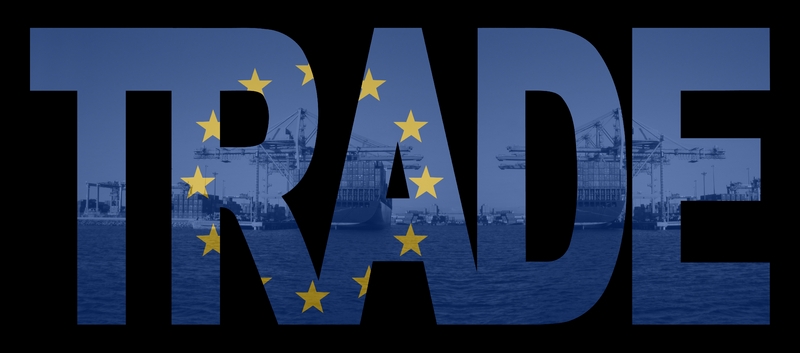
The EU and world trade
The collapse of the Seattle meeting of the World Trade Organisation in December 1999 was a blow to the EU, which had first proposed the idea of a "millennium round" of trade liberalisation. But there is a silver lining in the Seattle cloud: an opportunity for a more creative EU strategy - one that pursues freer trade in the context of wider economic and political goals.
The EU must take the lead in getting the trade talks back on course. The forthcoming presidential election means that America is not in a position to pick up the pieces form Seattle or address the debate unleashed there. Moreover, the EU has historically played a positive role in reducing trade barriers (agriculture excepted), both through the creation of the single market and its involvement in successive international trade rounds.
The EU must also allay widespread fears about globalisation. Otherwise protectionist sentiment and hostility to the WTO will become ever more popular causes in Europe and the US. The EU's trade commissioner Pascal Lamy, rightly views a full-scale trade round as the only way to address thoroughly the issues raised by the WTO's critics.
Europe's trading partners, however, are suspicious of its motives. Many agricultural exporters fear that the EU's real aim is to escape the commitment it made in the Uruguay round to achieve further farm trade liberalisation through a new set of negotiations. They worry that is these separate agriculture talks, which started recently in Geneva, are submerged into a millennium round, it could be years before the EU reforms its Common Agricultural Policy (CAP). And developing countries see the EU's call for issues such as labour standards to be included in the next trade round as a new form of protectionism.
The EU will have to provide reassurance if it wants the rest of the world to take part in the millenium round. It can do this by offering more trade concessions to developing countries, including in sensitive areas such as antidumping and textiles. The EU should also put forward ambitious proposals in the Geneva farm talks - before being forced to do so by new a trade round. Despite recent reform, the EU's complex and costly system for supporting farmers infuriates trading partners and undermines Europe's credibility as an advocate of more open trade.
In addition, European officials and politicians must develop better strategies for handling criticism of globalisation and the WTO. They need to counter the perception of trade liberalisation as a "right-wing" policy designed to benefit big companies. They should stress the potential benefits of including new issues - such as environmental and labour standards - in the next WTO round.
On both the domestic and international front, such a move would link proposals for opening up the WTO to wider themes of global economic and political reform. Trade policy can no longer be handled in isolation from issues such as debt relief and poverty reduction. Developing countries may be marginal players in the global trading system, but they have the ability to block progress at the WTO, where decisions require a consensus.
European politicians should also be more honest about the drawbacks of the CAP. These include heavy support for big producers are the expense of small farmers, a negative impact on the environment and high costs for consumers. A programme of radical reform will encounter the inevitable protests from Europe's vociferous farm lobby. But it should win favour with environmental and consumer groups.
Internally, the EU should improve its handling of trade negotiations by altering its treaties to give the Commission full jurisdiction in negotiations on services and intellectual property, as it already has for trade and goods. Closer co-ordination between ministers and the Commission is also necessary.
While some of these suggestions are in line with Mr Lamy's own proposals, others - most notably in agriculture - go further than either the Commission or the member-states are yet prepared to contemplate. But despite the difficulties of pursuing this strategy, the prize of helping to shape and maintain an open, multilateral trading system that benefits as many people as possible is worth fighting for. Winning such a prize would do a great deal to enhance the EU's image.
